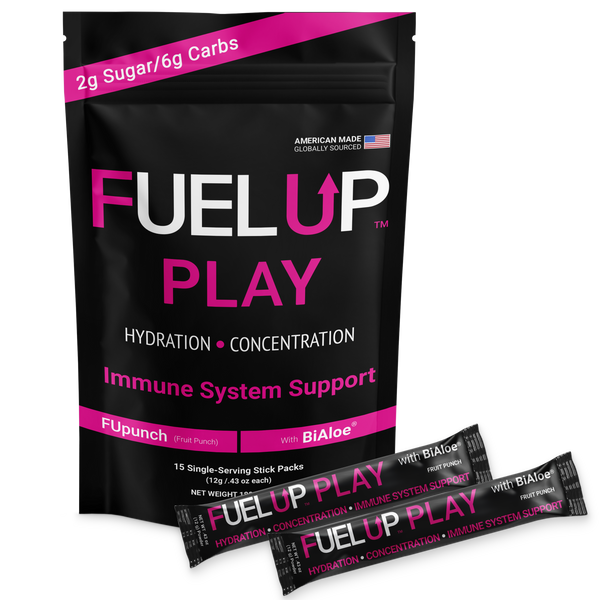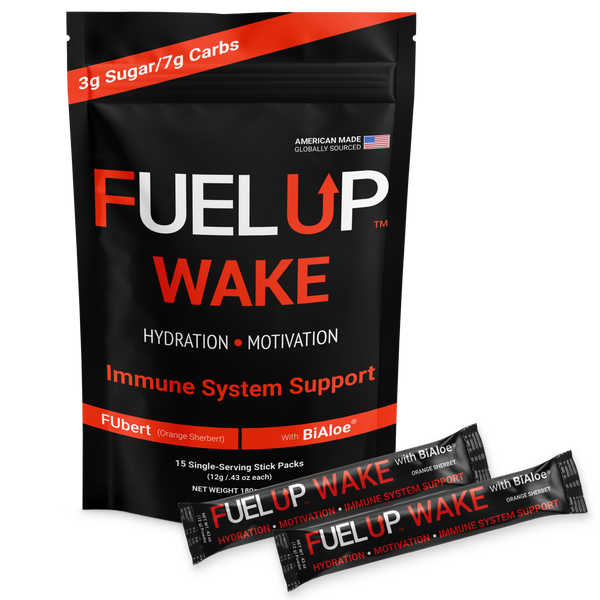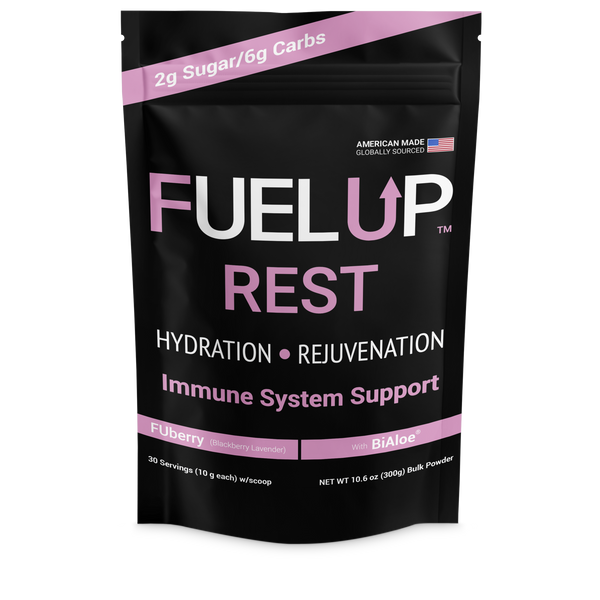When it comes to feeling energized, performing at your best, and recovering quickly, hydration and nutrition are more than buzzwords—they’re essential science. Whether you’re hitting the gym, tracking steps, or simply aiming to feel your best, understanding the real roles of electrolytes and vitamins is key. Let's cut through the noise and discover what actually works for everyday wellness.
Setting the Record Straight: What Are Electrolytes & Why Do They Matter?
Electrolytes—including sodium, potassium, magnesium, calcium, and chloride—are electrically charged minerals that play vital roles in your body. They help regulate fluid balance, muscle contractions, and nerve signaling. Without the right balance of electrolytes, you might experience muscle cramps, fatigue, headaches, or even dizziness—especially after intense exercise or sweating.
While the market is flooded with sports drinks and supplements that tout “extra electrolytes,” most healthy, active individuals can maintain electrolyte balance through regular meals and proper hydration. However, if you’re engaging in prolonged or strenuous activity—marathons, high-intensity training, or working outside in the heat—strategic electrolyte replenishment can help ward off dehydration and support recovery.
Vitamins: More Than Just a Daily Pill
Vitamins—such as C, D, B-complex, and E—are essential micronutrients involved in processes like energy production, immune defense, and tissue repair. For example, vitamin C helps support the immune system and connective tissue, while B vitamins aid in turning food into energy.
Despite their importance, not all situations require extra vitamins. Most people get what they need from a varied, nutrient-rich diet. Taking excessive or unnecessary supplements can be expensive and, in some cases, lead to unwanted side effects. For instance, too much vitamin D can cause elevated calcium levels, and large doses of vitamin B6 may result in nerve issues.
Separating Myth from Reality
There are endless claims in the wellness space—some grounded in science, many not. Let’s clarify a few common myths:
|
Myth |
Reality |
|
“You need high-dose electrolytes daily.” |
Unless you’re losing fluid rapidly (via sweat or illness), most people need only modest electrolyte intake from food and water. |
|
“Mega-vitamin doses boost performance.” |
Excessive vitamins do not enhance athletic performance and can be wasteful or harmful; balanced intake is more effective. |
|
“Feeling tired means you’re dehydrated” |
Fatigue can result from varied causes; while dehydration plays a role, lack of sleep, stress, or nutrition can also be factors. |
Making sense of what works means relying on evidence—not marketing hype.
Smart Strategies for Everyday Wellness
So, what actually helps active, health-conscious people prevent deficiencies and optimize performance?
-
Stay Hydrated: Drink water throughout the day, increasing amounts with activity, heat, or illness.
-
Eat a Colorful Diet: Fruits, vegetables, whole grains, lean proteins, and dairy deliver both vitamins and natural electrolytes.
-
Monitor Your Body: Listen to signs of dehydration (dry mouth, fatigue, headache) and adjust as needed, especially during physical activity.
-
Use Supplements Wisely: Consider electrolyte drinks or vitamin supplements only in specific cases—like heavy sweating, restricted diets, or conditions diagnosed by a healthcare professional.
The Bottom Line: Science-Backed Choices for Your Routine
When you focus on science-backed basics—adequate hydration, balanced nutrition, and informed adjustments—you set yourself up for sustainable energy and well-being. Most of the time, smart habits trump trendy fixes.
For those looking to maximize hydration and support recovery, products formulated with evidence-based levels of electrolytes and vitamins—such as Fuel Up Hydration—can complement an active lifestyle. Remember, choose solutions that are transparent, third-party tested, and tailored to real needs, not just marketing claims.





